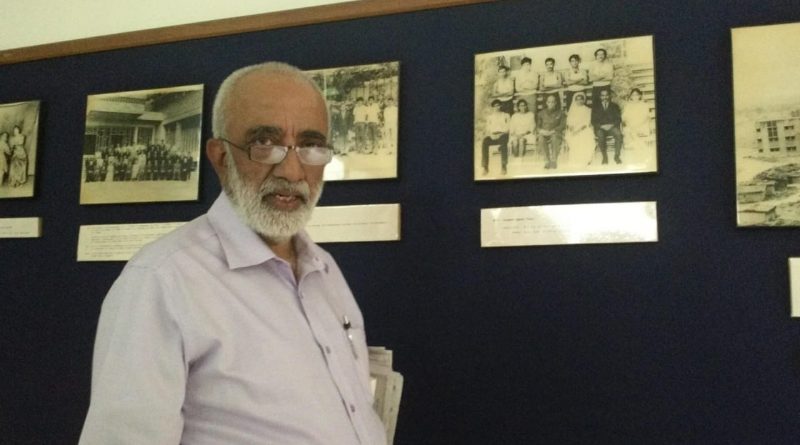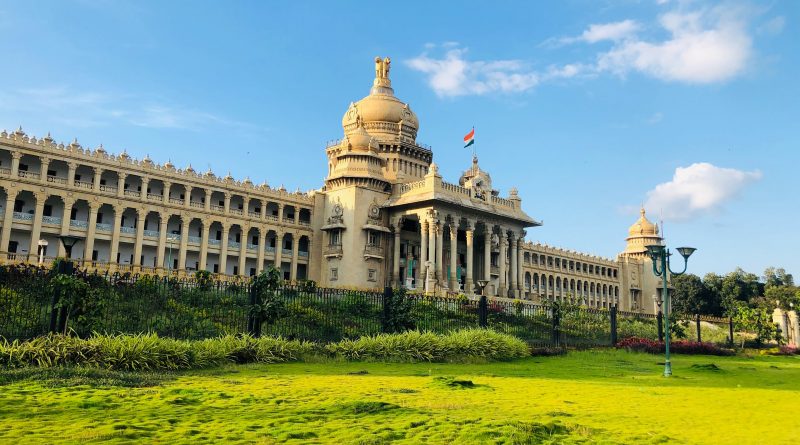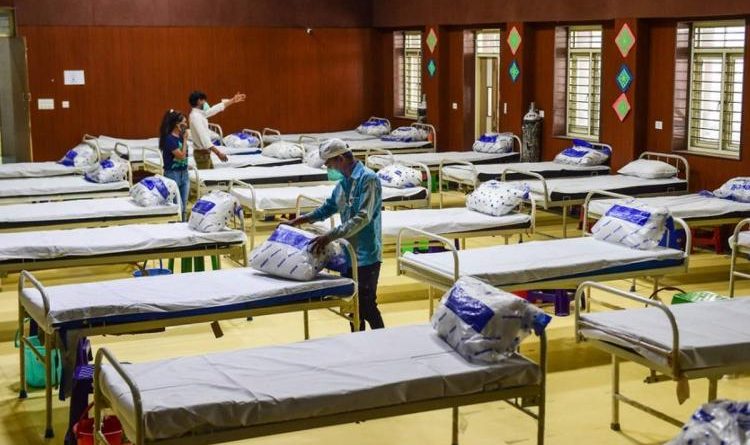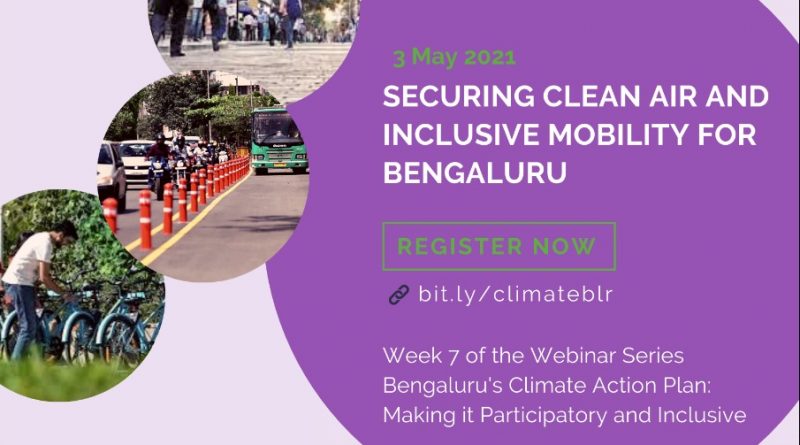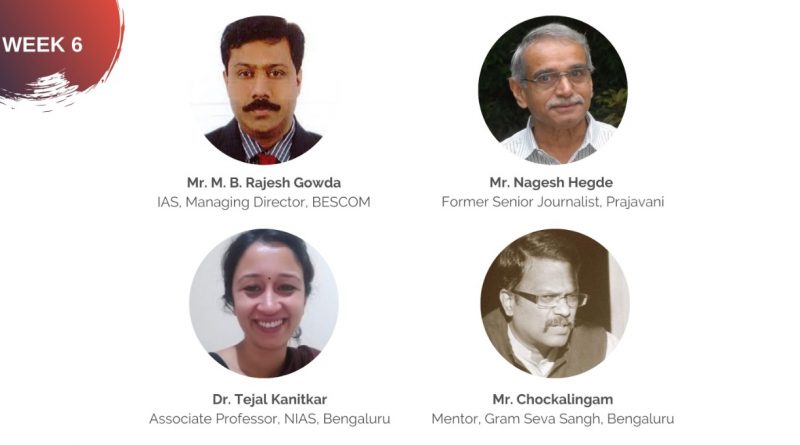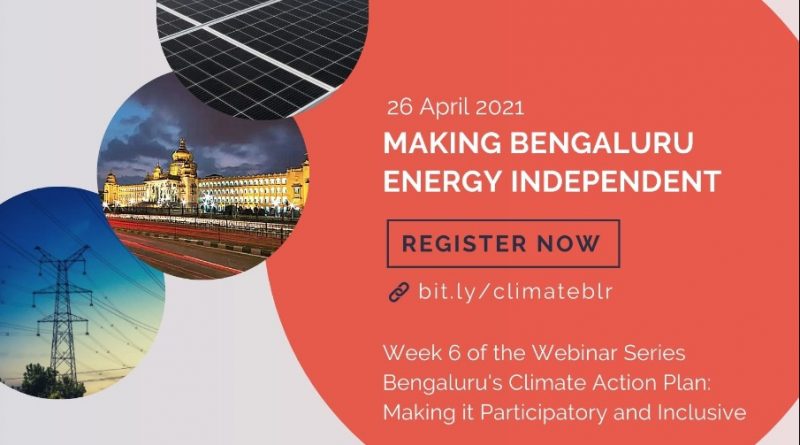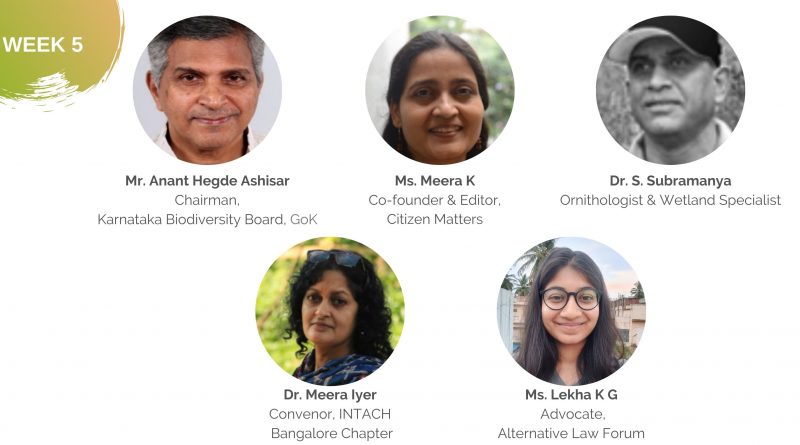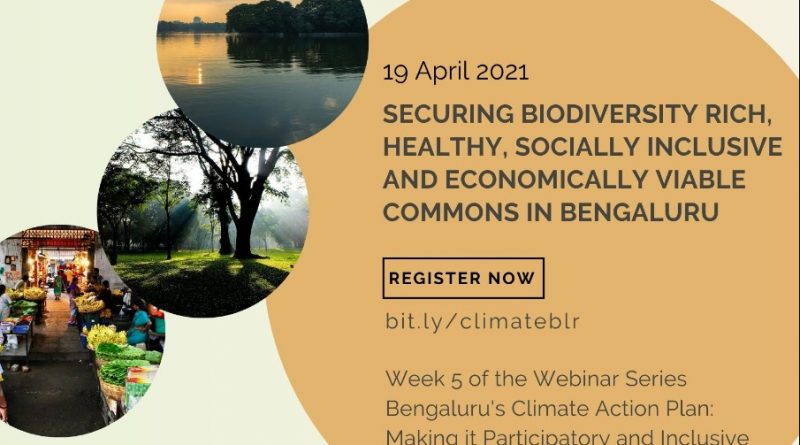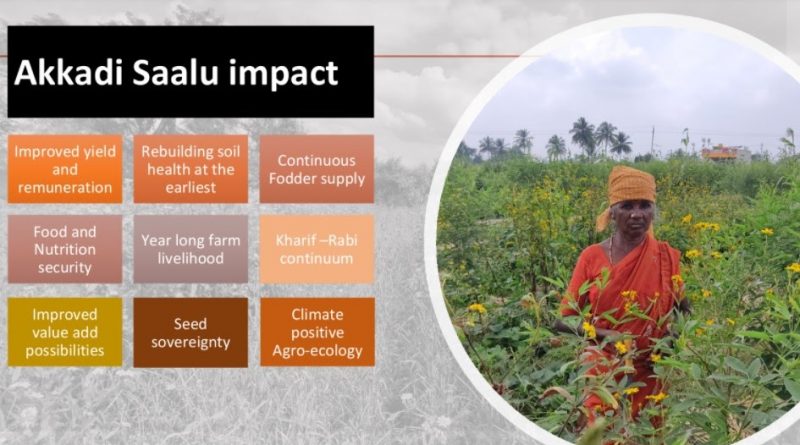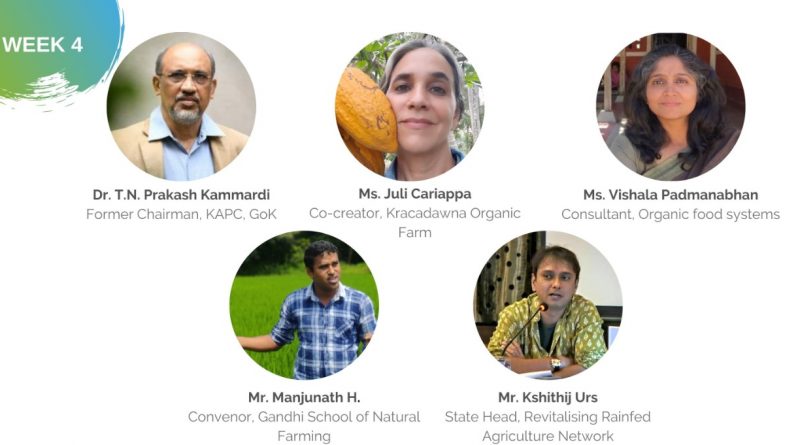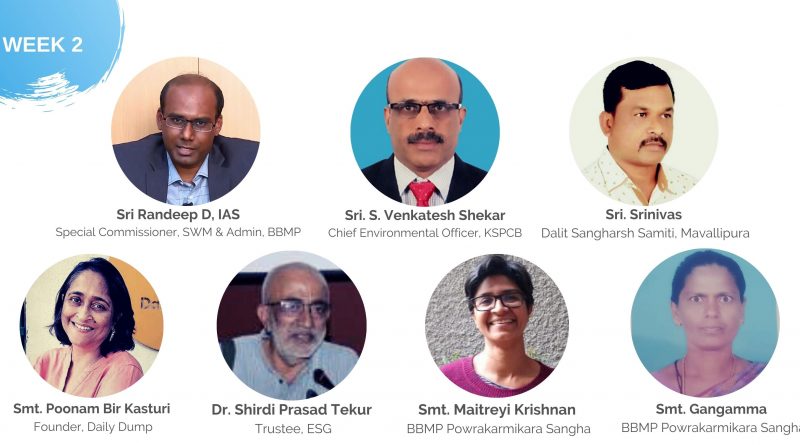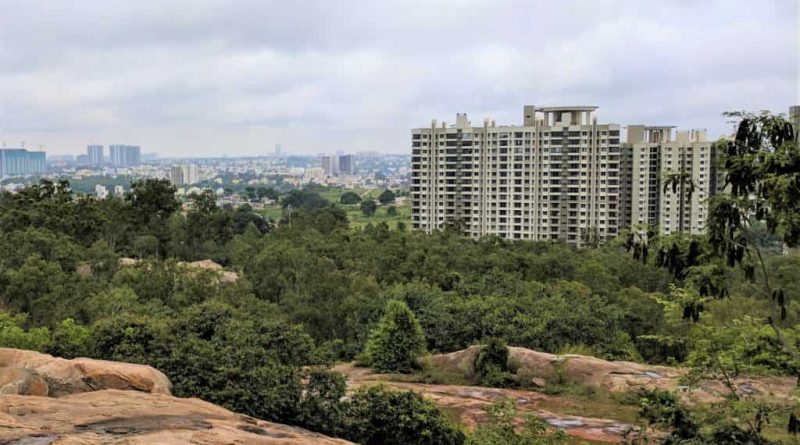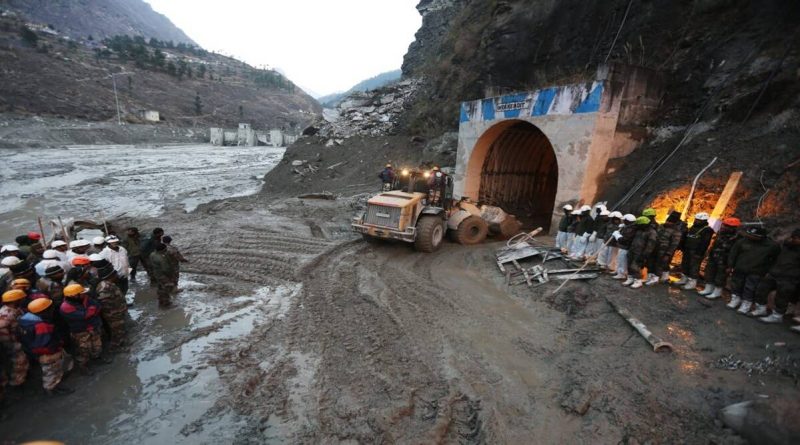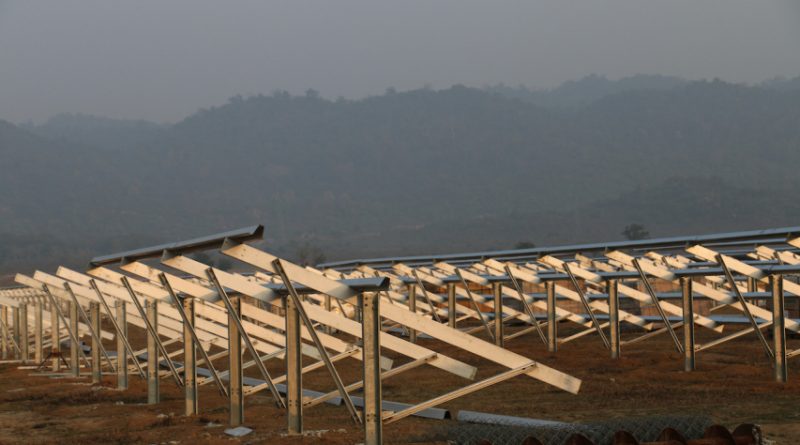Environment Justice Matters- Vol 2. Issue 10
Dr. Tekur, a dear friend and trustee of ESG, left us on 16th May 2021 after he lost his valiant struggle with Covid. As a young doctor he served in the Indian Army, and was even selected to be one of three who would be India’s first cosmonaut, till a training injury put him out of contention. He left the Army as a Captain and dedicated his life to being the People’s Doctor. A very popular General Physician and pediatrician, Dr. Tekur also helped shape Community Health Cell, now Sochara, in its formative years. He spared no effort to be of help and to the very end was in the midst of patients working to save thousands from COVID and other ailments. Yet he found time to paint, and did so with such professional dexterity and beauty. Dr Tekur will be remembered by so many he trained in public health through his work life, and by thousands of children who were eager to see their doctor who always sent them away with a polo mint and an evergreen smile. All of us at ESG miss him so very much.
Read More

